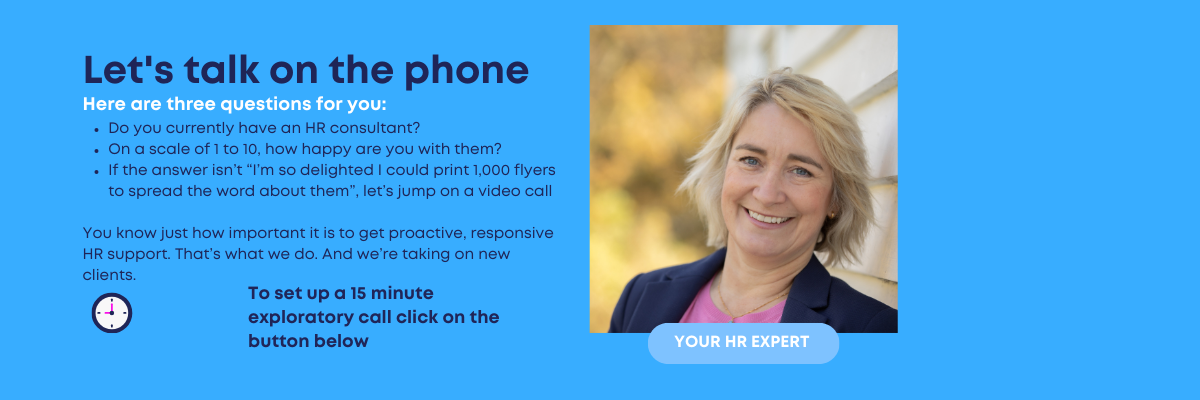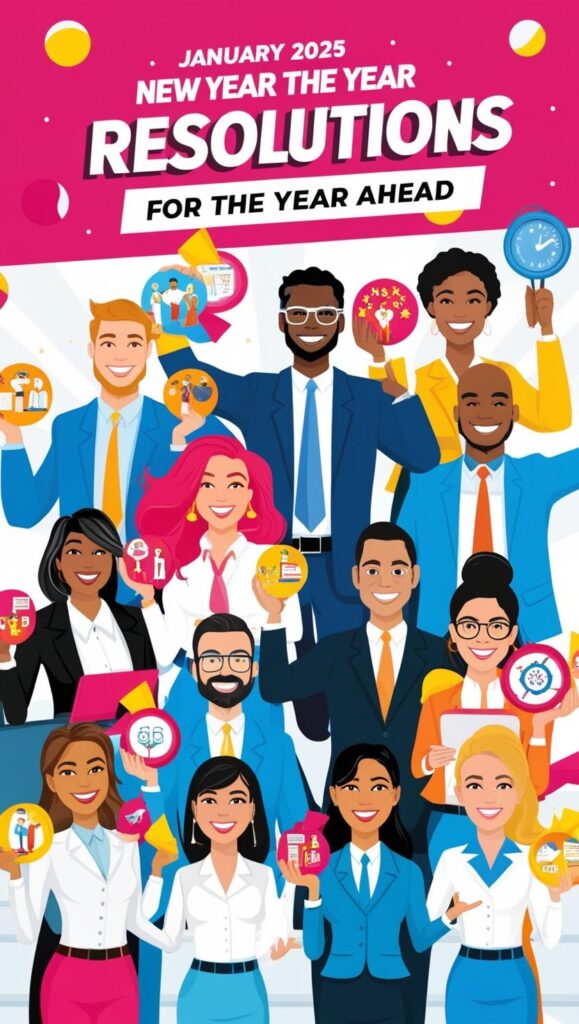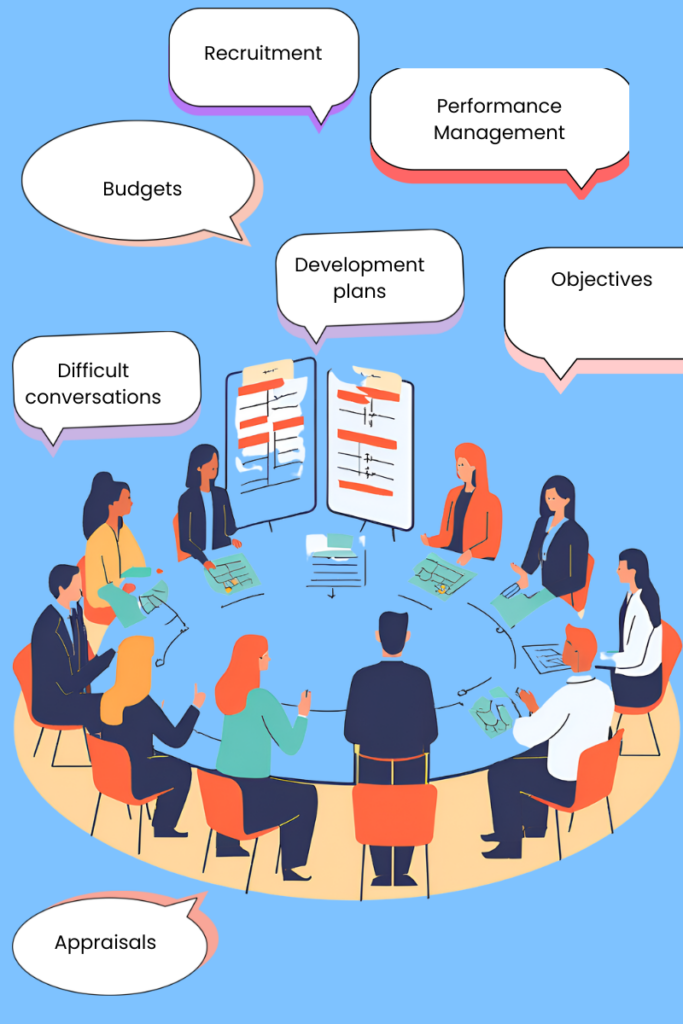Gone are the days that corporate social responsibility (CSR) is just a tick box exercise. Sketch Studios uncovered that 24% feel their mental and physical health is impaired by a workplace that is not environmentally friendly. And if you have a large workforce, that’s quite a lot of unhappy staff!
Today, we’ll discover how sustainability drives wellbeing in the workplace, the role it plays in enhancing mental health and how you can implement an eco-friendly office initiative.
How Sustainable Workplaces Drive Wellbeing?
Just like how our home environment can impact how we feel, our working environment can too. Whether there’s too much noise, lack of ventilation, overcrowding and the like can cause a lot of friction in the workplace and negatively impact your staff’s productivity.
Here are some ways sustainable workplaces drive and affect wellbeing.
Improve indoor air quality
The British Journal of Psychiatry has proven that, in general, poor air quality can affect mental health. This also includes the workplace, and it’s up to organisations to ensure they have the right HVAC systems in place to provide quality, clean air.
Access to natural light
Natural light has an effect on our circadian rhythms, eye strain, mood, focus and concentration. Poor light levels can have adverse effects in the workplace, as uncovered by Workplace Insight. When asked about the main irritations with office illumination, issues cited included not being able to control the lights (34%), artificial light being too bright (33%) and discomfort due to sunlight glare (28%).
Flexible workspaces
To meet diverse needs in the workforce, it’s important to have flexible workspaces (bonus points if they’re made from sustainable materials). This is especially true if you have an open-plan office. Breakout areas and private meeting rooms allow staff to conduct independent working, or collaboration in small groups.
Green commuting initiatives
Corporate cycle to work schemes, electric vehicles, carpool initiatives, public transport passes – these are all examples of green commuting initiatives employers can offer to staff. They give employees the choice to commute in a way that suits their needs in a sustainable way.
Access to nature
Whilst it may not always be possible to have the best landscaping around your work premises, there is strong research to suggest indoor nature contact at work can significantly reduce work-related stress. Indoor gardens, desk and/or ceiling plants are just some ways to enhance your work environment and employee wellbeing.
The Role of Sustainable Workplaces in Enhancing Wellbeing
When thought has been given to building a sustainable workplace, you can enable positive mental and physical wellbeing for all. With 1 in 5 admitting work has been impacted by high levels of pressure and stress, employers need to do more to lessen work-related stress and eventual burnout.
Here are just some of the ways sustainability plays a role in enhancing wellbeing in the workplace.
Promoting work-life balance
Organisations have that a flexible working policy are in good stead for promoting work-life balance. This is because it gives employees more control over their schedules, allowing them to work when they’re at their best.
If you adopt and on-site working mode, this is still relevant. Proper lighting (especially access to abundant natural light), ergonomic work desks and access to employee assistance programmes (EAP) are just some ways you can contribute to the happiness of employees.
Employee engagement programs
Employee-driven workplaces empower your staff to lead projects and initiatives that benefit all. Whether that’s DE&I, charity fundraisers, peer-to-peer training, employee engagement programs allow staff to implement positive changes and influence one another for the better.
Social connections and community building
Community building in the workplace is important for mental health. After all, humans are naturally social beings. A sustainable workplace should recognise this and encourage teamwork and collaboration to build a sense of belonging. This could be through regular socials, team-building activities, prize initiatives and the like.
Noise reduction strategies
Whether you operate in a lively office or warehouse that uses heavy machinery, noise reduction strategies are crucial for employee mental health. Noisy offices can cause stress, particularly if it’s open plan. Offering noise-cancelling headphones and quiet working zones are just some ways you can mitigate this.
Steps to implementing
Now that we know how important eco-friendly office initiatives are for employee wellbeing, how do we actually apply them?
Leadership commitment
What happens up top trickles down, so you need to ensure leadership and management teams are well versed in the sustainable practices you’ve implemented in your workplace, and ensure they practice them through and through. Set clear goals for your initiatives and lead regular training sessions with your leadership team(s) to keep them accountable.
Employee involvement
Want to improve your CSR? Involving employees in the decision-making process is key. Run surveys and focus groups to really understand what employees are experiencing, as they’re the ones your sustainability efforts will affect the most. If your organisation already has an EAP or other wellbeing functions, it’s important you regularly encourage your employees to use them not just because they’re perks, but because it’ll boost their wellbeing in and out of work.
Implement green practices
According to People Management, prospective job candidates are scrutinising sustainable practices when making informed decisions about their next role. Do more than just adding a recycling bin in your office. Ensure you have other green practices such as waste-specific bins for plastics, mixed and general waste. It’s also important to shout about any initiatives that contribute to being a zero-waste company through your internal comms, press releases and job adverts.
Focus on employee wellbeing
To uphold a sustainable workplace, you’ll need to focus on employee wellbeing. Workstation assessments, mental health support, providing healthy snacks, and spaces for regular check-ins are just some ways you can do this as an employer. This can even extend to your office décor. If allowed, having natural greenery can help productivity levels and even aid in reducing work-related stress.
Measure and evaluate
Not all sustainable office implementations go to plan. That’s why it’s important to have goals you want to measure, and a way to evaluate their effectiveness on a regular basis. Perhaps you find that recycling bins aren’t being used properly because they aren’t properly signposted, or no one is using the one-to-one spaces you’re offering but would rather speak to someone impartial. For the latter, EAPs are incredibly handy, as they can provide mental health support from an outsider’s perspective with no bias.
Continuous improvements
You can’t just implement new processes and hope they stick. There’s always room for improvement, so use your evaluations to improve your sustainability goals. You can implement new wellness programmes, use technology to track your progress and gather regular feedback to see where bottlenecks are. Not only will this streamline your sustainability efforts, but it will show your employees you care.
EAP the employee benefit that your workforce wants and needs
If you’re an employer, you have a duty of care to your employees. And whilst it’s important you encourage openness in the workplace, sometimes certain stressors can get on top of us, which may not always be due to work.
An EAP can provide confidential legal, occupational and mental health services for employees as part of your wider corporate wellbeing programme. At HA | Wisdom Wellbeing – the UK’s leading provider – we believe in 24/7 support for all, as this ensures your employees have someone to talk to anywhere, anytime.
Plus, with a comprehensive EAP such as ours, your employees can benefit from our mental health first aid courses. This will equip them with the skills to create action plans to help their fellow colleagues and guide them toward professional help if needed.
Conclusion
From ‘green’, eco-friendly initiatives to wellbeing programmes – there’s a spectrum for what constitutes a sustainable workplace. A truly sustainable workplace must encompass everything that contributes to the wellbeing for all. Be it through office décor, recycling schemes, CSR and employee wellbeing.
After all, everything a business does must be in service of bettering its offering for a competitive advantage. That means ensuring your staff are well looked after, they practice your values and create an environment that attracts top talent











 Why should you care about your employees’ ‘engagement’?
Why should you care about your employees’ ‘engagement’?








